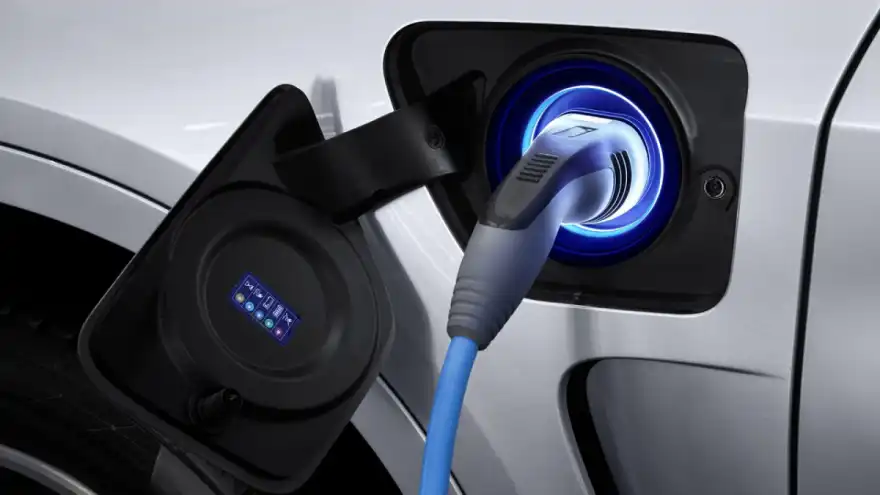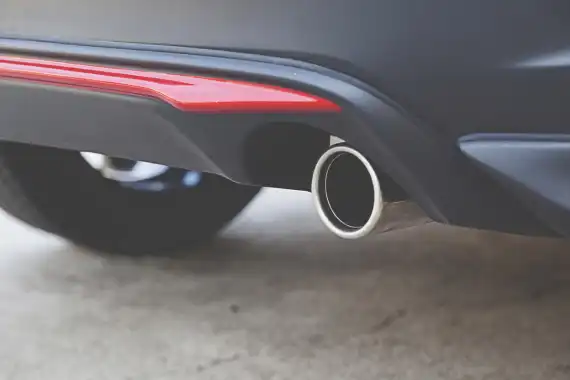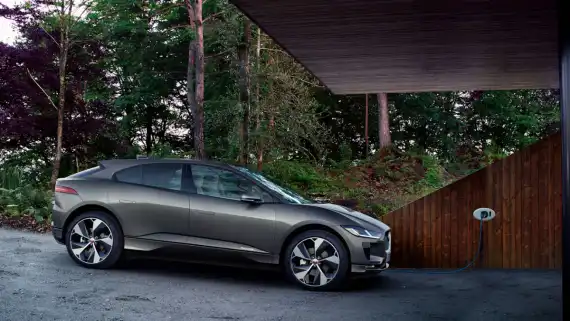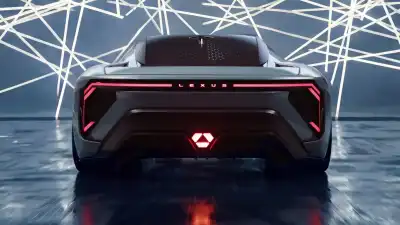
Diesel, it’s a scary word these days, and the onslaught of negative publicity continues. The current diesel engines on sale may be the cleanest ever thanks to Euro 6 emissions regulations, but they still emit microscopic particulates that have been found in brain tissue around the world.
Many people are now considering the switch to a hybrid or an Electric vehicle for their next car purchase, but what are the benefits of going fully electric?
Emissions

Most obviously and importantly is the lack of emissions when driving an EV. Our towns and cities are becoming ever more clogged with poisonous air, switching to an electric car stops that.
There will be those that argue the electric being used could come from a coal powered station, but the majority of people with an EV currently charge at home every few days. So you can pick a green energy provider that generates their amps from renewable sources. They can ensure every watt is green by effectively tagging it across the network to make sure what arrives at your home is fully renewable.
Ongoing Costs
Petrol and diesel isn’t cheap, we’ve recently seen spikes across the country. Electricity prices, on the whole, are far less volatile and actually stay pretty static, especially if you tie yourself into a fixed term rate at home.
Charging while out and about can also be far cheaper, a Chargemaster Polar Plus card costs just £7.85 a month with 70% of their network being free to use. Faster charging will be at an added cost, but it still equates to a few pounds for a full charge. Compare that with £60 for a tank of diesel, and you can soon see the savings.
Cheap Servicing
EV’s have far fewer moving parts than a traditional car, there’s no gunky oil, no spark plugs to replace, no air filters to change. Most EV’s only need a battery coolant check and the air con filter changing.
Regenerative braking also means brake discs and pads can last almost twice as long as in a normal car. Meaning current EV owners are saving hundreds a year on servicing alone.
Road Tax
Buying an EV also means you don’t have to pay any road tax, 0 emissions mean £0 a year in vehicle excise duty. But as of April 2017, there is a caveat to that rule.
EV’s costing over £40,000 are now charged with a new ‘Premium rate’ tax. This £310 charge is payable after the first year, and for the next 5 that the vehicle is on the road.
A current diesel saloon would be costing you around £125-145 a year in road tax alone.
But aren’t EV’s expensive?

This depends on the car you’re after, if it’s a small hatchback to drive around town, then a pure electric model will be far more costly to buy, but much cheaper to run compared to a petrol car. But pitch a diesel saloon against an EV, and the results are far more favourable.
Take the new Jaguar I-Pace for example, it’s Jag’s first EV and one that’s currently blazing a trail as they’re the first mainstream, luxury manufacturer out of the blocks with an electric vehicle. Dig a little deeper into the numbers, and you’ll find the total cost of ownership is nearly half over a 3 year 30,000-mile period.
Let’s compare like for like as near as we can, regarding performance and initial cost. An entry-level I-Pace 400S comes in at £63,495, the quickest diesel XF saloon is the 3.0 litre V6 at £51,125.
Residual cost after that 3 years, 30,000-mile timeframe is just £18,300 for the XF, while the I-Pace comes in at a respectable £43,525. That makes the depreciation per mile just 66.38 pence compared to £1.09 for the XF.
What about the fuel cost? Diesel per mile in the XF comes out at 13.13 pence, the I-Pace? 5.26 pence. Servicing makes the argument even clearer when the EV comes out nearly 50% cheaper – 3.65p per mile, it’s 7.11p in the XF.
With everything included and calculated the total cost per mile for the I-Pace is just 79p. The fuel drinking 3.0-litre diesel XF would cost you just under £1.31 per mile. You could nearly run two Jag EV’s for the cost of a single fuel guzzler.
Pure electric also means a quicker 0-60 time and more power for your money.
The future is now
If those numbers haven’t swayed you the extra fees associated with owning a polluting diesel should. London has introduced their new Toxicity Charge for older vehicles, while a number of other cities across the UK are also mulling over the idea.
If you’re considering your next car purchase, whether it’s a family hatch or an executive saloon it’s worth thinking about going electric.



